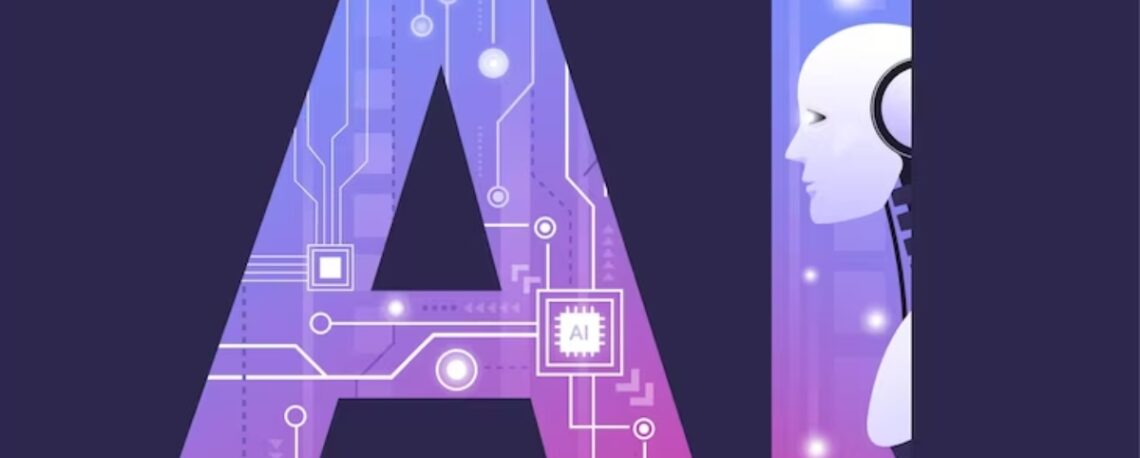In the dynamic landscape of business education, Artificial Intelligence (AI) is emerging as a transformative force, reshaping the way MBA programs are delivered and experienced. From streamlining MBA college admissions to enhancing the learning experience through personalized MBA counselling, AI is revolutionizing every aspect of MBA education. This blog explores the profound impact of AI on MBA programs and how it is setting a new standard for business education.
AI in MBA College Admission
The MBA college admission process has traditionally been a time-consuming and complex affair, involving numerous steps such as application review, interviews, and decision-making. AI is now simplifying and optimizing this process in several ways:
1. Application Screening and Shortlisting
AI-powered algorithms can efficiently sift through thousands of applications, identifying candidates who meet the desired criteria. This not only speeds up the initial screening process but also ensures a fair and unbiased evaluation by eliminating human errors and biases.
2. Personalized Communication
AI chatbots and virtual assistants provide prospective students with real-time responses to their queries, guiding them through the application process and providing timely updates on their admission status. This level of personalized communication enhances the applicant experience and keeps them engaged.
3. Predictive Analytics
AI uses predictive analytics to forecast admission trends and candidate success rates. By analyzing historical data and current application patterns, AI helps admission committees make informed decisions, improving the quality of the student intake.
AI in MBA Counselling
MBA counselling plays a crucial role in helping students navigate their academic and career paths. AI enhances MBA counselling by offering personalized guidance and support, tailored to each student’s unique needs and aspirations.
1. Customized Learning Paths
AI analyzes individual student data, including academic performance, learning preferences, and career goals, to create customized learning paths. This ensures that students receive targeted support and resources, maximizing their potential for success.
2. Career Guidance
AI-driven career counselling tools provide students with insights into various career options based on their skills, interests, and market trends. By leveraging large datasets, AI offers data-driven career advice, helping students make informed decisions about their future.
3. Continuous Monitoring and Feedback
AI systems continuously monitor student progress and provide real-time feedback. This allows counsellors to proactively address any issues or challenges students may face, ensuring they stay on track and achieve their academic goals.
AI in the Classroom
AI is also making its mark in the classroom, transforming the MBA learning experience in ways that were previously unimaginable.
1. Adaptive Learning
AI-powered adaptive learning platforms adjust the content and pace of instruction based on individual student performance. This personalized approach ensures that each student can learn at their own pace, enhancing their understanding and retention of complex business concepts.
2. Virtual Classrooms
AI facilitates virtual classrooms and interactive learning environments, making it possible for students to participate in live discussions, group projects, and case studies, regardless of their geographical location. This increases accessibility and flexibility, accommodating the diverse needs of MBA students.
3. Data-Driven Insights
AI tools analyze vast amounts of data generated during classroom interactions, assessments, and assignments. These insights help educators identify areas where students may need additional support and adjust their teaching strategies accordingly.
The Future of MBA Education with AI
The integration of AI into MBA education is not just a trend but a paradigm shift that is here to stay. As AI continues to evolve, its applications in business education will become even more sophisticated, offering unparalleled opportunities for both students and educators.
1. Enhanced Decision-Making
AI will enable more data-driven decision-making in all aspects of MBA education, from curriculum design to career services. This will lead to more effective and efficient educational practices.
2. Lifelong Learning
AI-powered platforms will support lifelong learning, allowing MBA graduates to continuously update their skills and knowledge in response to the ever-changing business landscape.
3. Global Collaboration
AI will facilitate global collaboration among MBA students and educators, fostering a more interconnected and inclusive learning environment.
Conclusion
AI is undeniably transforming MBA education, making it more personalized, efficient, and accessible. From revolutionizing the MBA college admission process to enhancing MBA counselling and classroom experiences, AI is setting a new standard for business education. As we look to the future, the continued integration of AI promises to further elevate the quality and impact of MBA programs, preparing the next generation of business leaders for success in a rapidly evolving world.
For prospective MBA students, embracing this AI-driven transformation means more opportunities for personalized learning and career advancement. For educators and institutions, it represents a chance to innovate and lead in the ever-competitive field of business education. As AI continues to shape the future of MBA education, the possibilities are truly limitless.


